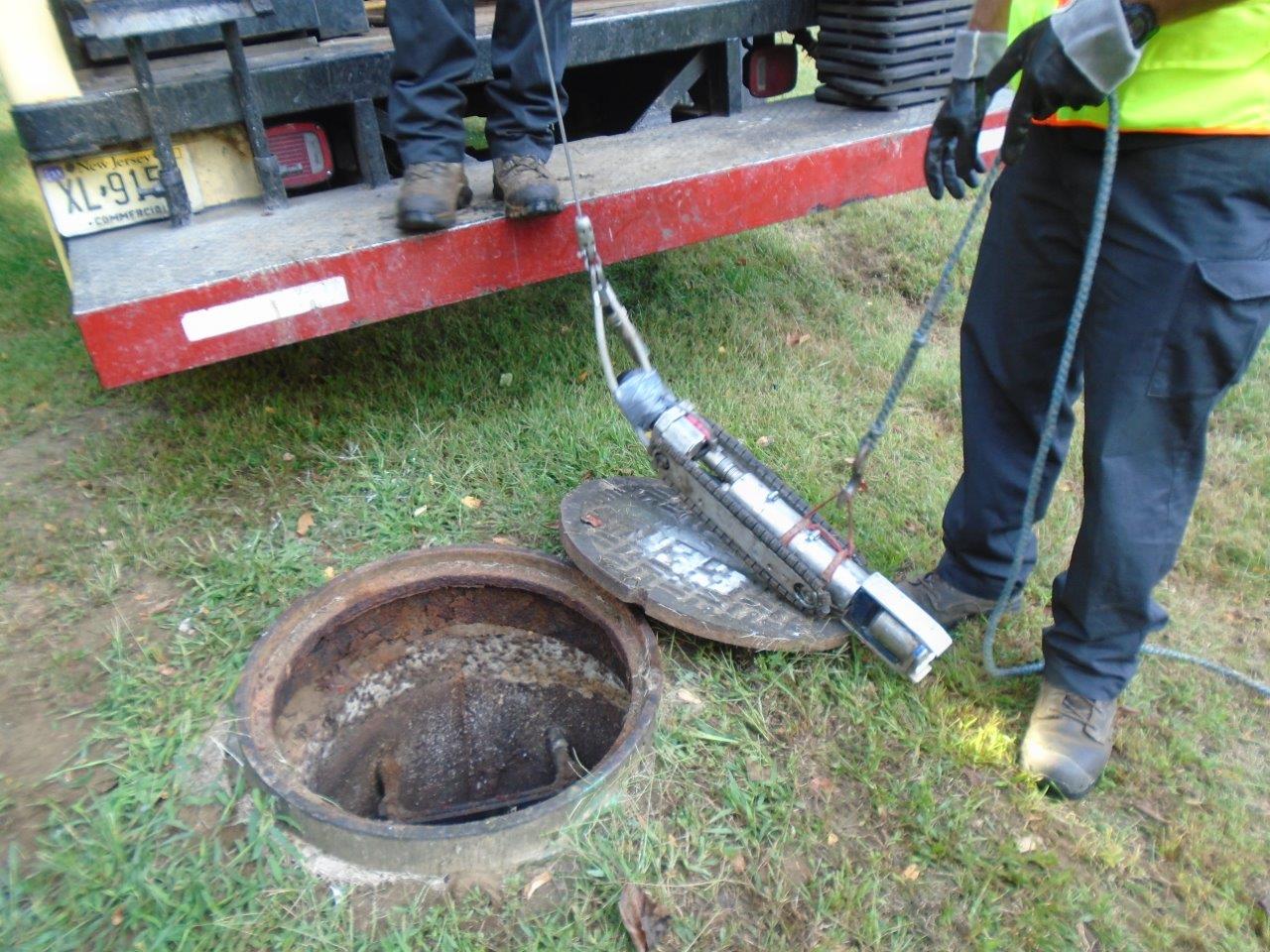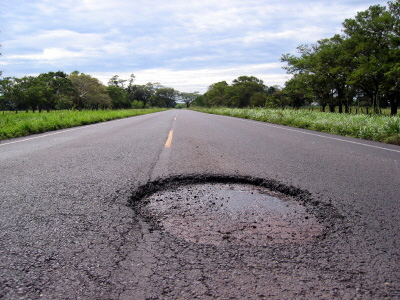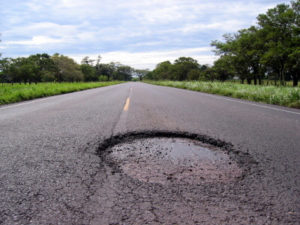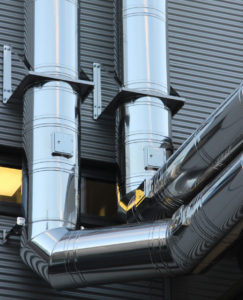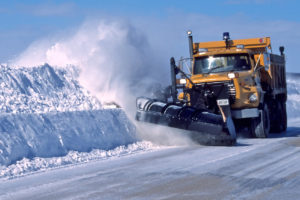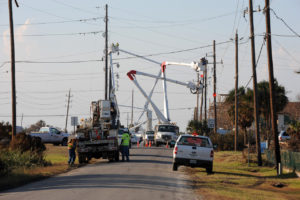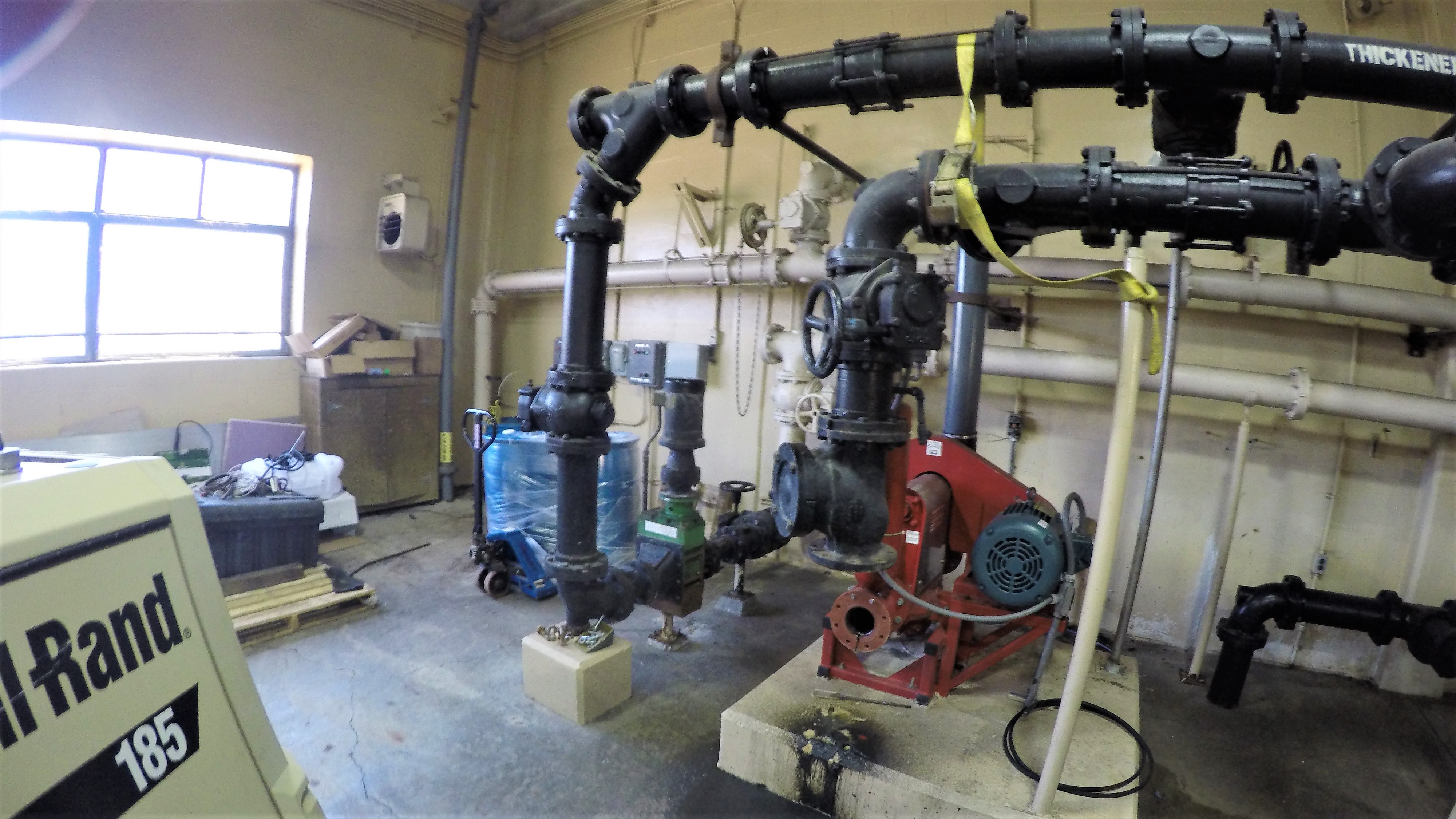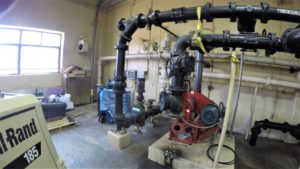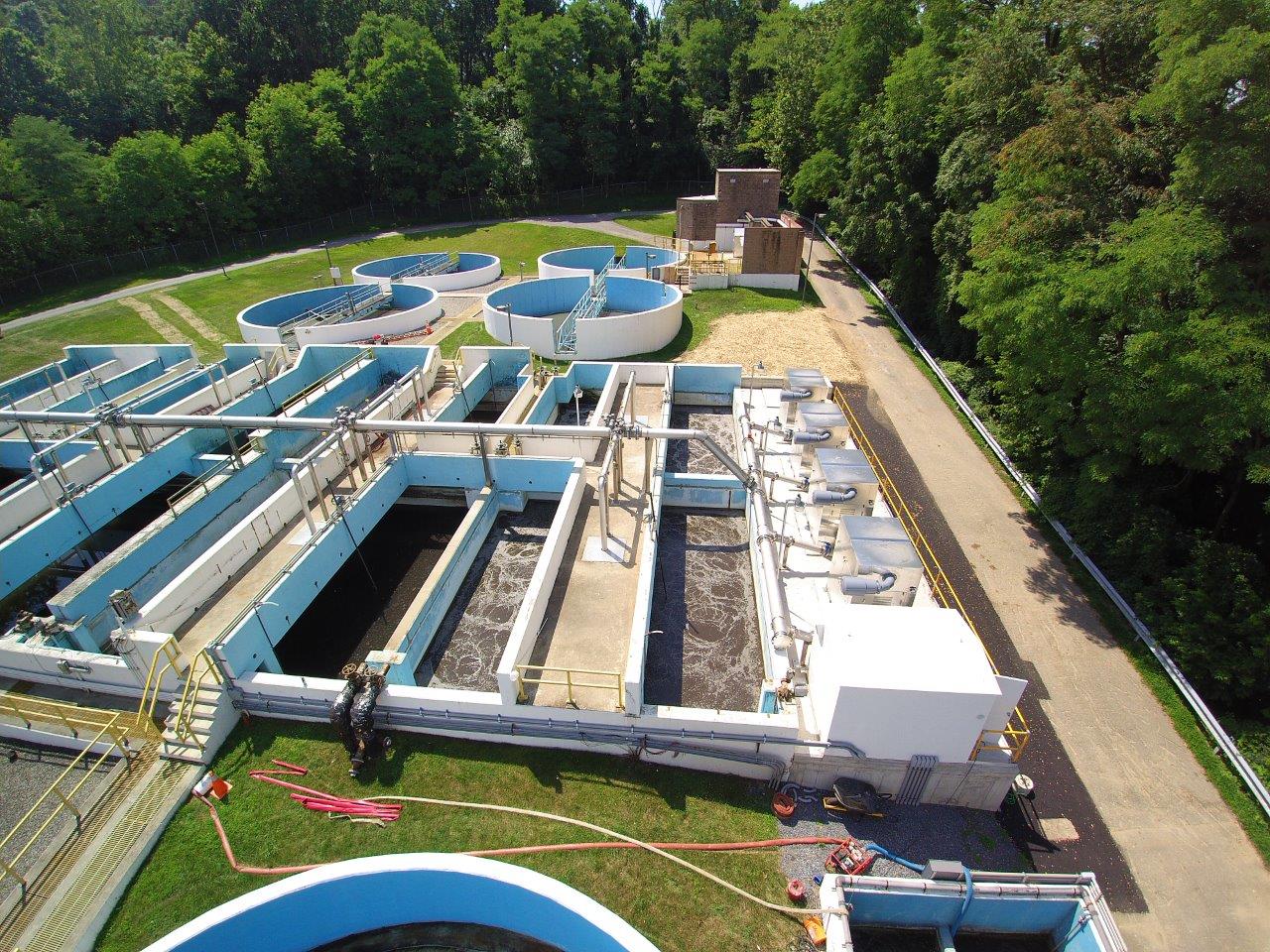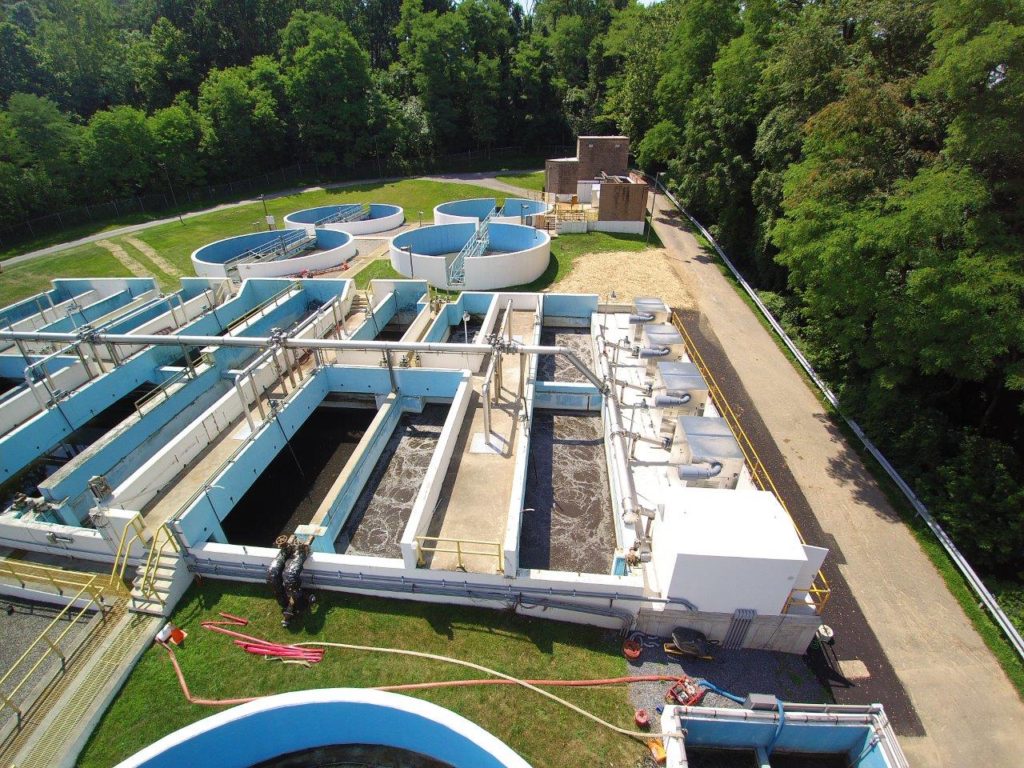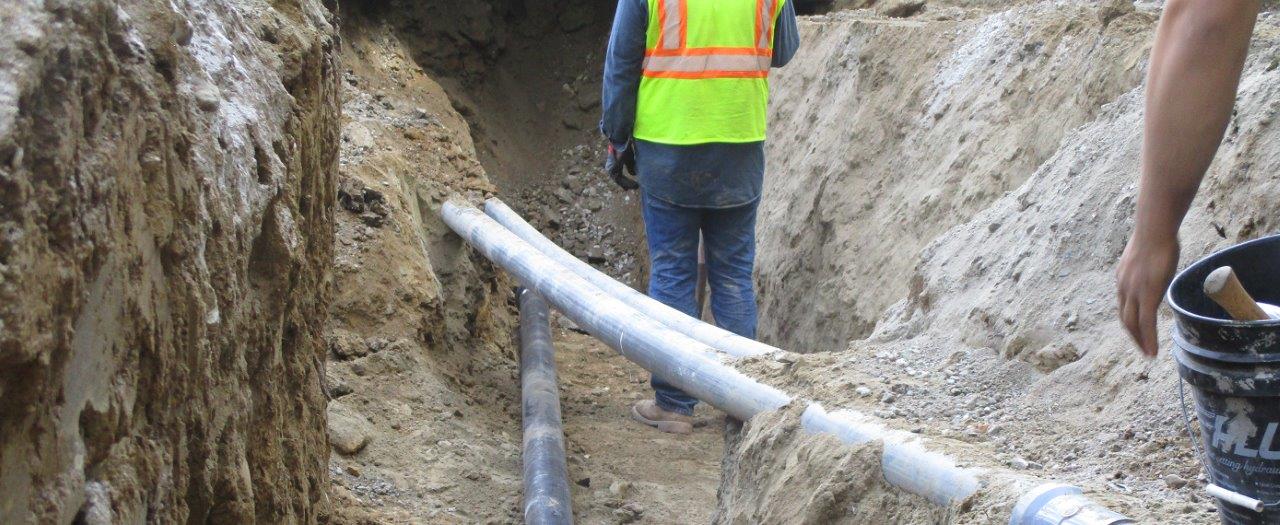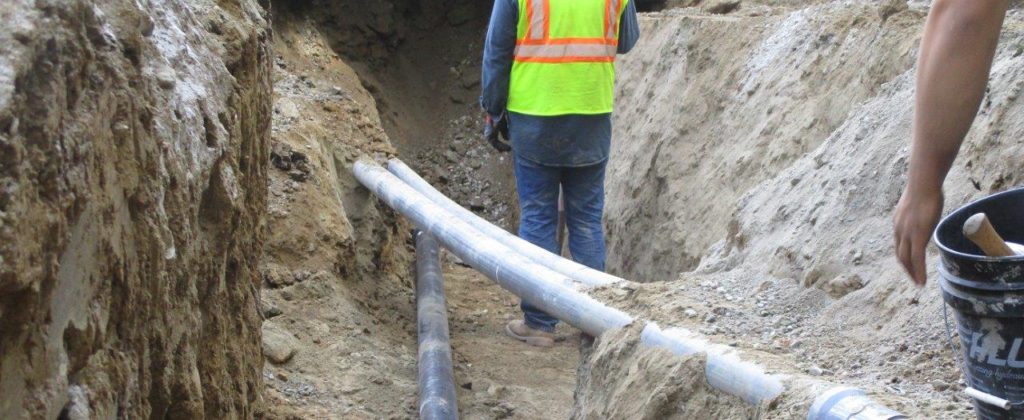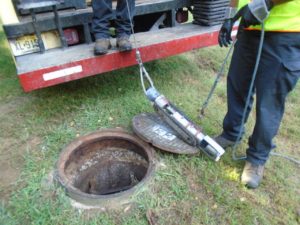
This project consisted of the excavation and removal of an 18-inch PVC sewer line in preparation for the installation of a new 171-foot long, 18-inch PVC sewer line. In addition to the installation of the new line, repairs in other segments of the sewer pipes included removal of root intrusions, sewer main cleaning, air testing, and television inspection.
Additional services included the installation of a permanent gravel access road; the restoration of disturbed areas that were not covered by gravel road, mulch, and seed; and the addition of a manhole riser to lift a segment of the sewer.
Filter Categories
All
COMMUNITY INVOLVEMENT
COMPANY NEWSLETTERS
KC'S BLOG
PRESS RELEASES
Filter Categories
All
2015
2016
2017
2018
2019
2020
2021
2022
2023
2024
2025

